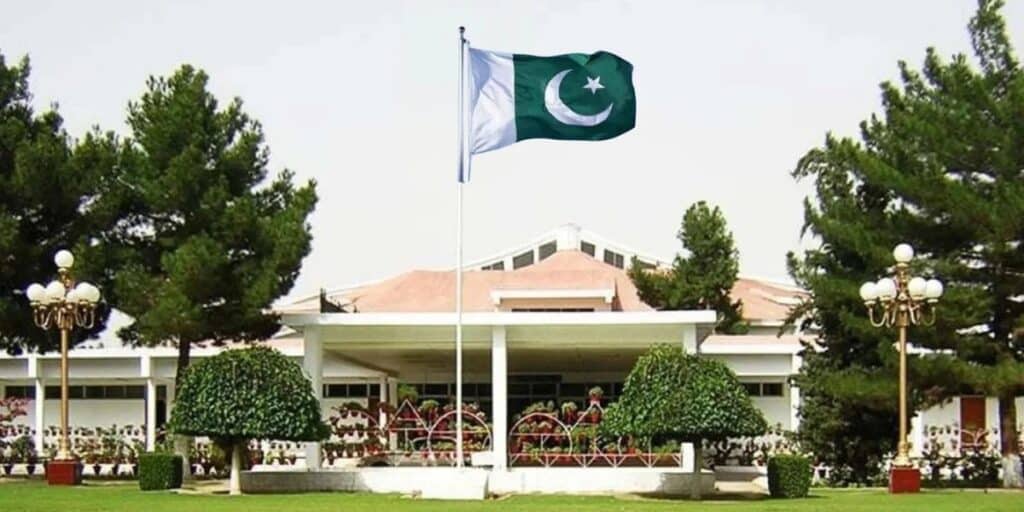Quetta:A meeting of the Balochistan Assembly’s Standing Committee on Land Revenue was held under the chairmanship of Committee Chairman Zamrak Khan Achakzai.
The meeting was attended by members Asghar Ali Tareen, Maulvi Noorullah, Assembly Secretary Tahir Shah Kakar, Special Secretary Abdul Rehman, and Board of Revenue Member Nasrullah Tareen.
During the session, detailed discussions were held on the proposed amendment to the Balochistan Land Revenue Act of 1967.
The purpose of the amendment is to bring the process of renaming divisions, districts, and sub-divisions under a legal, transparent, and government-approved framework.
According to the proposed clause, any change of name will require the recommendation of the Board of Revenue and formal approval from the government (cabinet), after which the notification will be published in the official gazette.
Furthermore, the committee completed its review of the bill and compiled its report, which will be presented in the next session for further proceedings.
The proposed amendment to the Balochistan Land Revenue Act 1967 can have a significant impact on development planning and governance in the province.
By making the renaming of divisions, districts, and sub-divisions a transparent and legally binding process, the amendment ensures greater administrative clarity and consistency.
This is particularly important for infrastructure projects, allocation of funds, record-keeping, and land management, as ambiguity in territorial names often creates confusion in planning and implementation.
Moreover, the requirement of approval from both the Board of Revenue and the provincial cabinet adds a layer of accountability, reducing the risk of politically motivated or arbitrary changes.
ALSO READ: The calls for division of provinces grow louder
In the long run, this can strengthen institutional trust, improve service delivery, and streamline coordination between local communities and government authorities, ultimately contributing to more sustainable and efficient development in Balochistan





